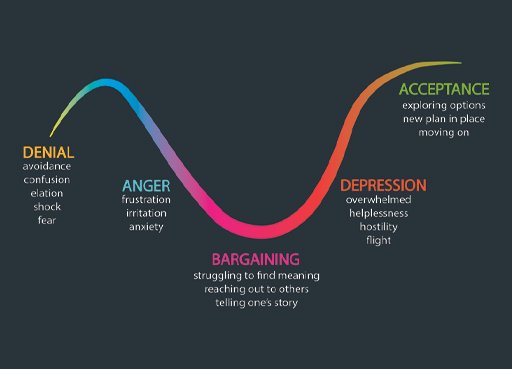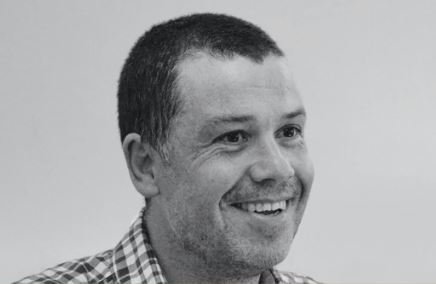3 Sure Fire Ways To Overcome The Psychological Challenges Of Injury
The injury experience can be a traumatic and lonely time.
Here’s what to expect and how to successfully handle the challenges.
Grief response model (Kübler-Ross, 1969)
Common psychological responses to injury include:
Emotional distress. A serious injury can cause emotional turmoil, including shock, anger, fear, frustration, and loneliness, impacting sporting goals and social connections..
Low self-esteem and confidence. A serious injury can undermine your self-esteem and confidence, prompting an identity crisis as you question who you are without the sport that defines you.
Negative thinking. Catastrophising and envisioning worst-case scenarios can cause stress and anxiety, impairing focus and decision-making, thus prolonging rehab and negatively affecting your broader life.
I’ve worked with many injured athletes, supporting them through sometimes years of rehabilitation.
Here are 3 strategies to get you back to doing what you love as soon as possible:
1. Gather your support team
Your support team, including family, friends, teammates, and professionals, is crucial in guiding you through injury challenges and rehabilitation. List your team members and clarify the support you need from each to stay motivated and make informed decisions.
2. Practice ‘Smarter Thinking’
Our thoughts shape our feelings and actions; thinking positively can improve emotions and behaviours. Identifying and changing unhelpful beliefs can lead to healthier emotional responses and more constructive behaviours.
3. Exercise your resilience muscle
Life is full of ups and downs. Consider these areas to help you adapt following an injury setback:
setting SMART goals
using mental imagery
practicing relaxation techniques
focusing on personal development
Download a free infographic here.
Dr Rich Sille is an HCPC-registered performance psychologist, with over 25 years’ experience working in the high-performance domains of sport, business, and performing arts. He is dedicated to helping individuals and teams maximise performance and enhance wellbeing.



